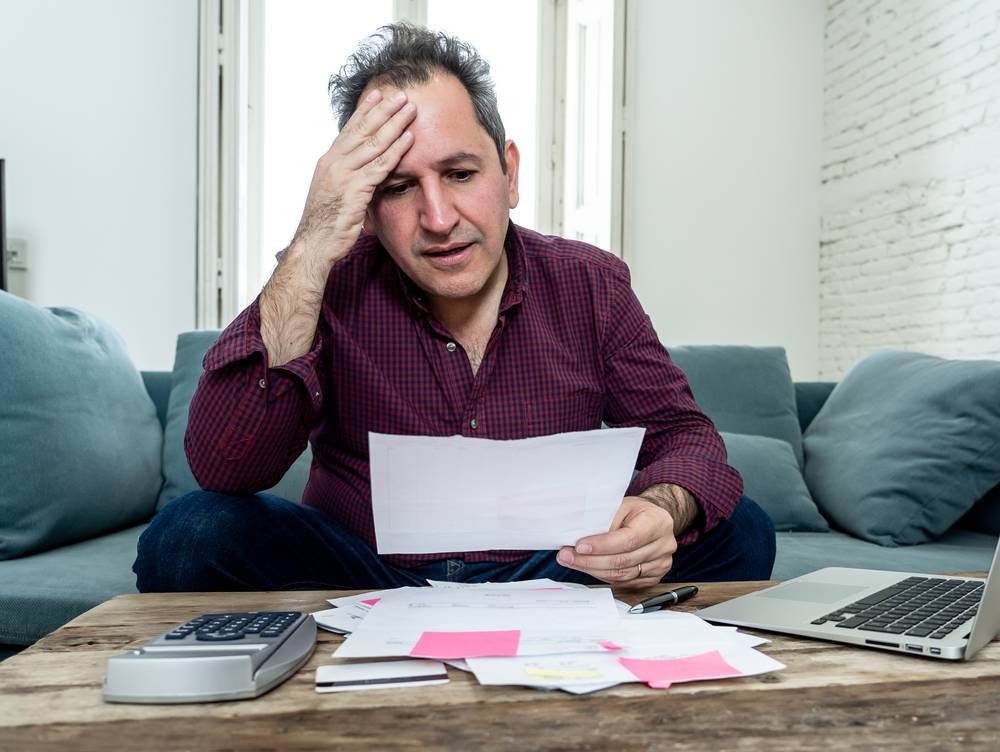If you’re married and considering bankruptcy in Indiana, you’re probably wondering whether you can file alone and how this could impact your spouse. This is one of the most common questions for bankruptcy attorneys.
Yes, you can file bankruptcy without your spouse. But there are some important things you should know because bankruptcy can affect your debts and property in unexpected ways.
Community Property vs. Marital Property States
Many states are community property states, meaning property acquired during the marriage is considered shared regardless of who paid for it or whose name is on the title. In a community property state, property like a car or house is equally shared between the spouses and will be included in the bankruptcy even if your spouse’s name isn’t on it.
However, Indiana is a non-community property state, also known as a marital property state, common law property state, or equitable distribution state. This means each spouse is only responsible for their partner’s debt if they have voluntarily joined the debt, for example by co-signing on a loan.
This is good news for Indiana residents. If you file bankruptcy without your spouse, they won’t be on the hook for any debts that aren’t in their name. Debts that are only in your name can be discharged, leaving the two of you in a much better financial position when the bankruptcy concludes.
Does it Make Sense to File Without Your Spouse?
Whether or not you file with your spouse depends on many factors. Here are some things to think about before going this route.
Whose name is on most of the debts? If your name alone is on them, it might make sense for you to file bankruptcy without your spouse. Also, how good is your spouse’s credit? If your spouse has great credit but you don’t, clearing up your debts through bankruptcy could eventually leave you both with high scores.
It’s a good idea to consider potential windfalls of money, too. For example, if your spouse could soon receive an inheritance, you may want to file alone and keep their inheritance safely out of the bankruptcy.
Another consideration is whether your spouse has already filed for bankruptcy in the past. A recent bankruptcy could prevent them from filing again but you could still do it alone. Or you may want to preserve their ability to file in the future, just in case.
Protecting Your Property, Personal Items, and Privacy
People often wonder whether filing bankruptcy without their spouse will protect their home, car, and treasured personal possessions. Will filing alone safeguard these things and prevent your spouse from being hounded for payments?
In Indiana, if your spouse’s name is on the debt, they can still be pursued for payments after the debt is discharged in your name. This means a foreclosure, repossession, garnishment, or other action can continue against your spouse even after you’re freed of it through bankruptcy – but only if their name is on the debt.
This is certainly something to consider before filing bankruptcy without your spouse. However, don’t give up hope if your spouse’s name is on much of your debt.
Indiana allows you to protect your home and some types of personal property through exemptions. An Indiana homestead exemption, for example, could protect the family home so you don’t lose it. Ask your bankruptcy attorney about applicable exemptions.
You’ll also need to choose between Chapter 7 or Chapter 13 bankruptcy. If you opt for Chapter 13, an automatic co-debtor stay prevents creditors from hassling either you or your spouse about shared debts. But a Chapter 7 automatic stay applies only to you, allowing creditors to keep contacting your spouse.
This is especially important because a recent change to federal bankruptcy law encourages creditors to bother debtors on social media and increases the frequency of allowable texts and emails. Now’s the time to initiate bankruptcy and avoid creditor harassment!
Questions About Bankruptcy? We Can Help.
If you still have questions about filing for bankruptcy with or without your spouse, please reach out to the team at Sawin & Shea. We offer a free video consultation so it’s easy to clear up your concerns and start the road to financial recovery.
Sawin & Shea — Indianapolis Bankruptcy Attorneys
Filing for bankruptcy is not the end. It’s the beginning of a new financial life for you. The Indiana bankruptcy attorneys at Sawin & Shea can help you get rid of overwhelming debt and advise you on life after bankruptcy. We are here for you during this life-changing process.
Please do not hesitate to call us today at (317) 759-1483 or send an email for a free consultation. We are ready to help.



